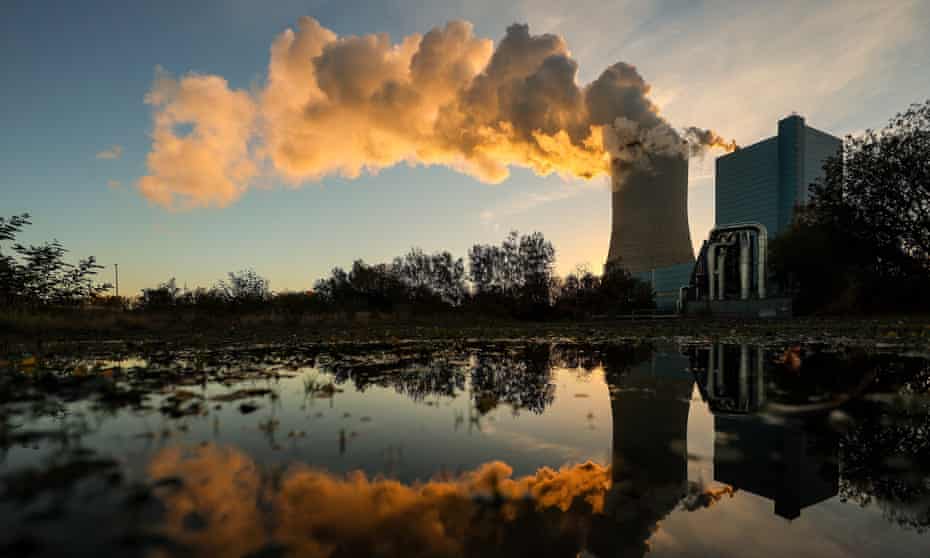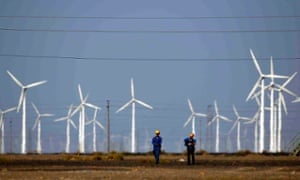Tradable pollution permits, also known as cap-and-trade systems, are a market-based approach to environmental regulation that aims to reduce pollution levels efficiently and cost-effectively. The rationale behind tradable pollution permits is to create incentives for firms to reduce their pollution emissions while allowing them the flexibility to achieve these reductions in the most economically efficient manner.
The main objectives of tradable pollution permits are as follows:
1. Environmental Efficiency: Tradable permits aim to achieve a predetermined level of pollution reduction, which is set by the government or regulatory authority. By capping the total allowable emissions at this level, the system ensures a reduction in pollution over time.
2. Cost-Effectiveness: Tradable permits allow firms with lower pollution abatement costs to reduce emissions further than required and then sell their excess permits to firms facing higher abatement costs. This creates a market for permits and ensures that pollution reductions are achieved at the least cost to society.
3. Flexibility and Innovation: Tradable permits provide flexibility to firms in meeting their emission reduction targets. Firms have the freedom to choose the most efficient pollution abatement technologies or strategies, which can lead to innovation in pollution control.
4. Certainty and Transparency: With a fixed number of permits issued, the total level of pollution is known in advance. This certainty allows for better planning and investment decisions by firms.
Methodology of Tradable Pollution Permits:
The process of implementing tradable pollution permits involves several key steps:
1. Setting the Cap: The government or regulatory authority determines the total level of allowable emissions (the cap) for a specific pollutant for a given period, such as a year. This cap is based on environmental goals and scientific assessments.
2. Issuing Permits: The government allocates or auctions tradable permits to firms, with each permit allowing the holder to emit a specific amount of the pollutant. The total number of permits corresponds to the predetermined emissions cap.
3. Compliance and Reporting: Firms are required to monitor and report their actual emissions regularly. They must hold enough permits to cover their emissions; otherwise, they face penalties or fines.
4. Trading and Market Mechanism: Firms can buy or sell permits on a secondary market, allowing them to adjust their emissions to match their production levels. Firms with excess permits can sell them to those facing higher emissions, creating a market-based mechanism for achieving the overall emissions reduction target.
5. Periodic Reviews and Adjustments: The cap and the number of permits may be adjusted periodically to align with changing environmental goals and industrial developments.
Examples of Tradable Pollution Permits:
European Union Emission Trading System (EU ETS): The EU ETS is one of the world's largest and most prominent tradable permit systems. It covers various industries, including power generation, aviation, and manufacturing, and aims to reduce greenhouse gas emissions across the European Union.
Regional Greenhouse Gas Initiative (RGGI) - United States: RGGI is a cap-and-trade program in the northeastern United States that focuses on reducing carbon dioxide emissions from power plants.
California's Cap-and-Trade Program: California has implemented a cap-and-trade system to reduce greenhouse gas emissions across multiple sectors, including energy, transportation, and industry.
In conclusion, tradable pollution permits offer a market-driven approach to environmental regulation, allowing for cost-effective pollution reduction while providing flexibility and incentives for innovation. By capping total emissions and allowing firms to trade permits, these systems strive to achieve environmental efficiency and contribute to global efforts in combatting pollution and climate change.




 233 Comments
233 Comments